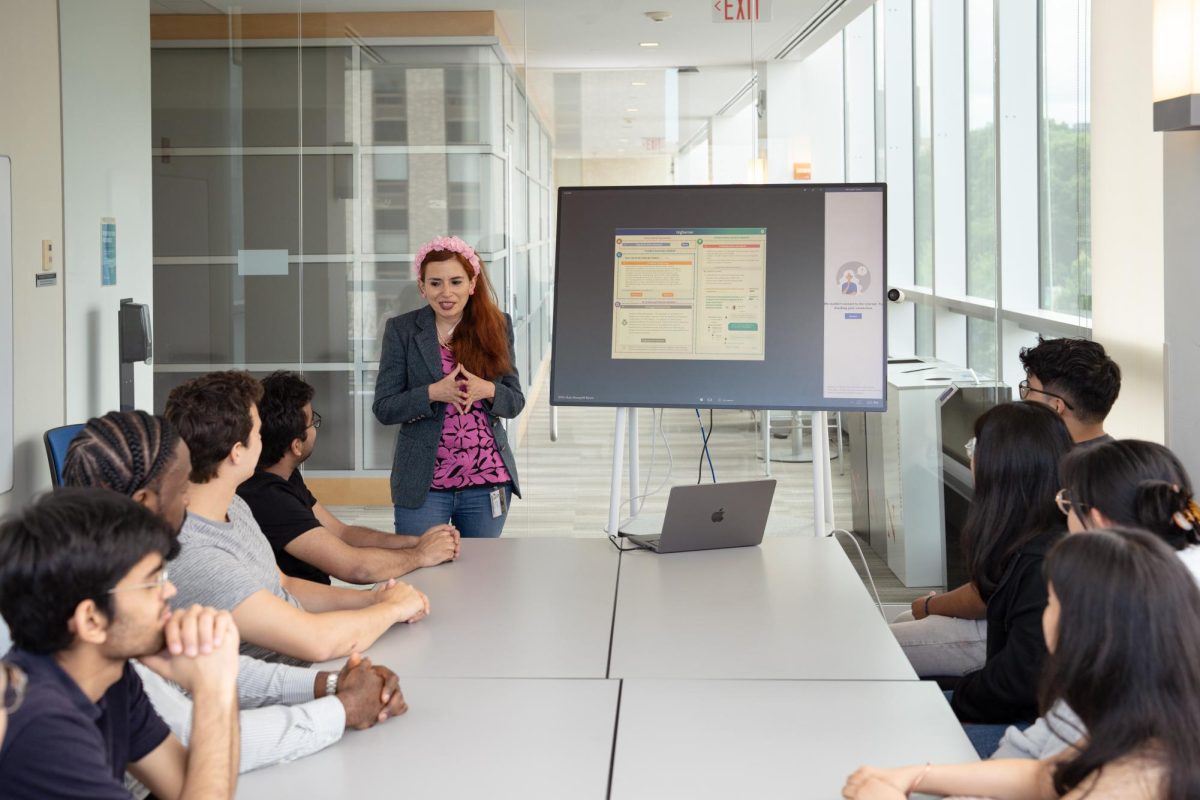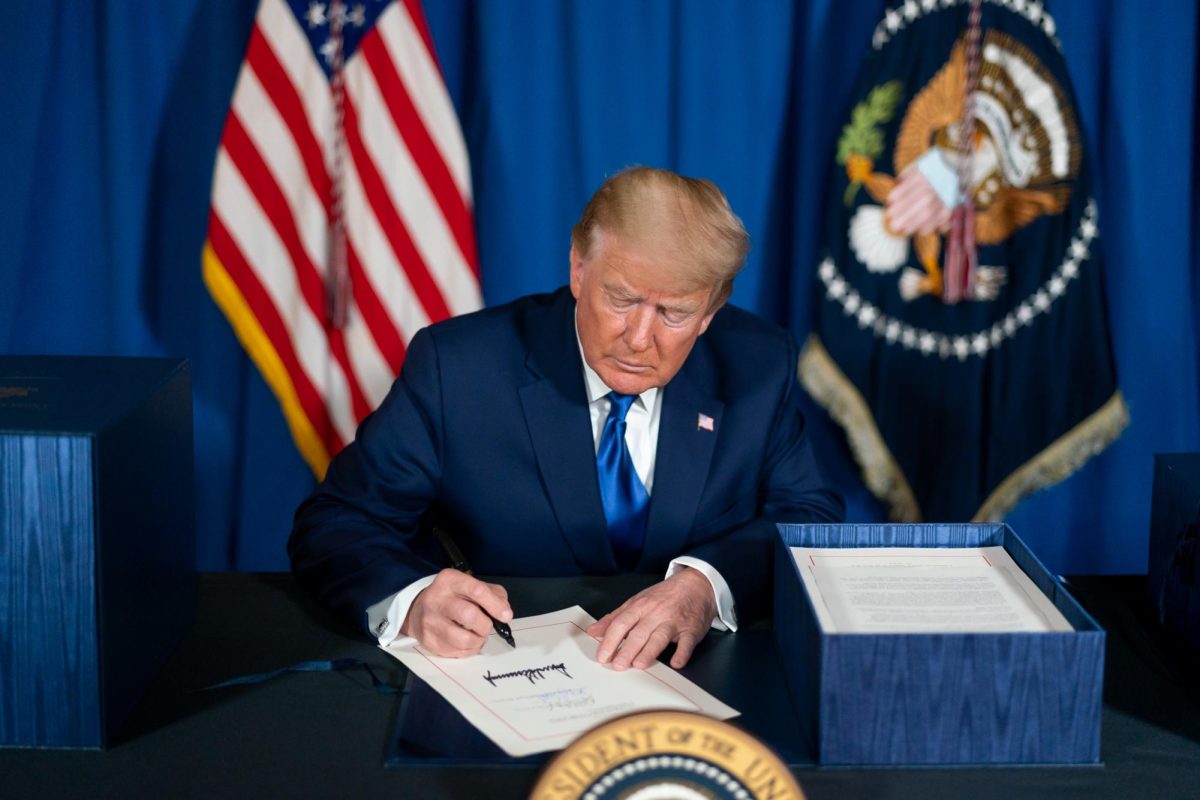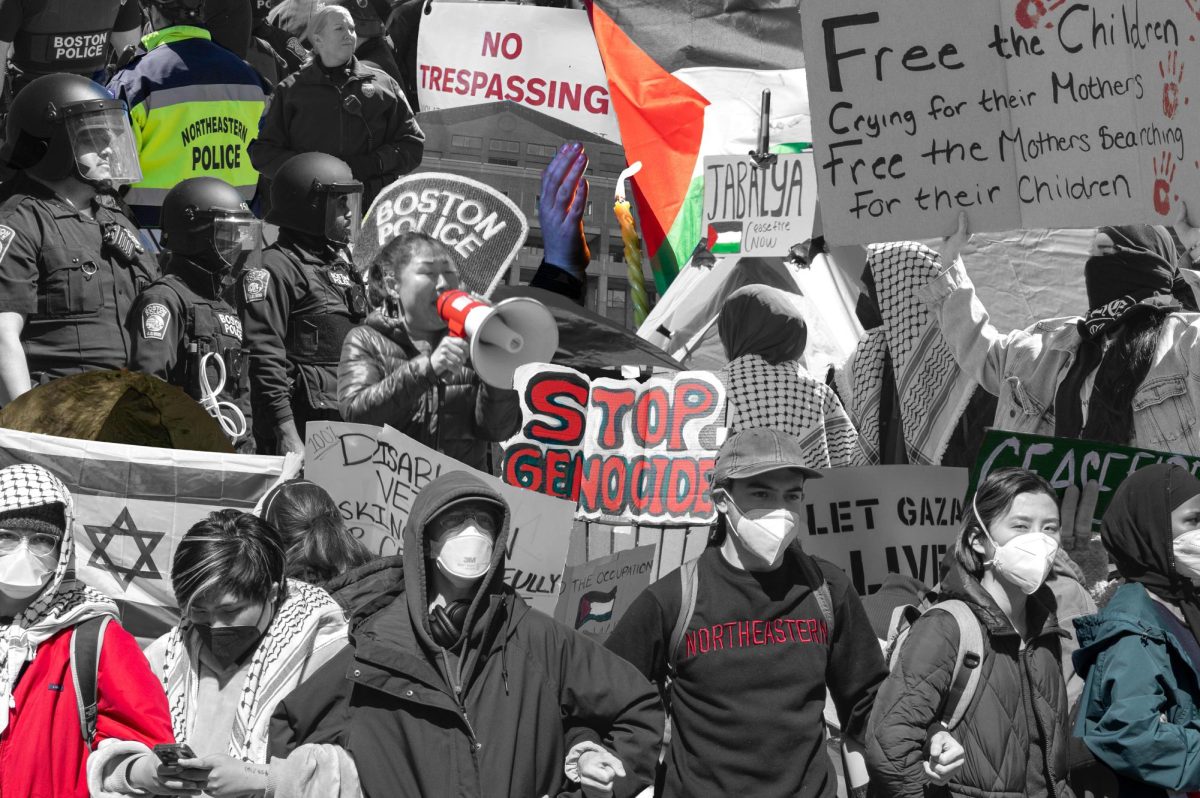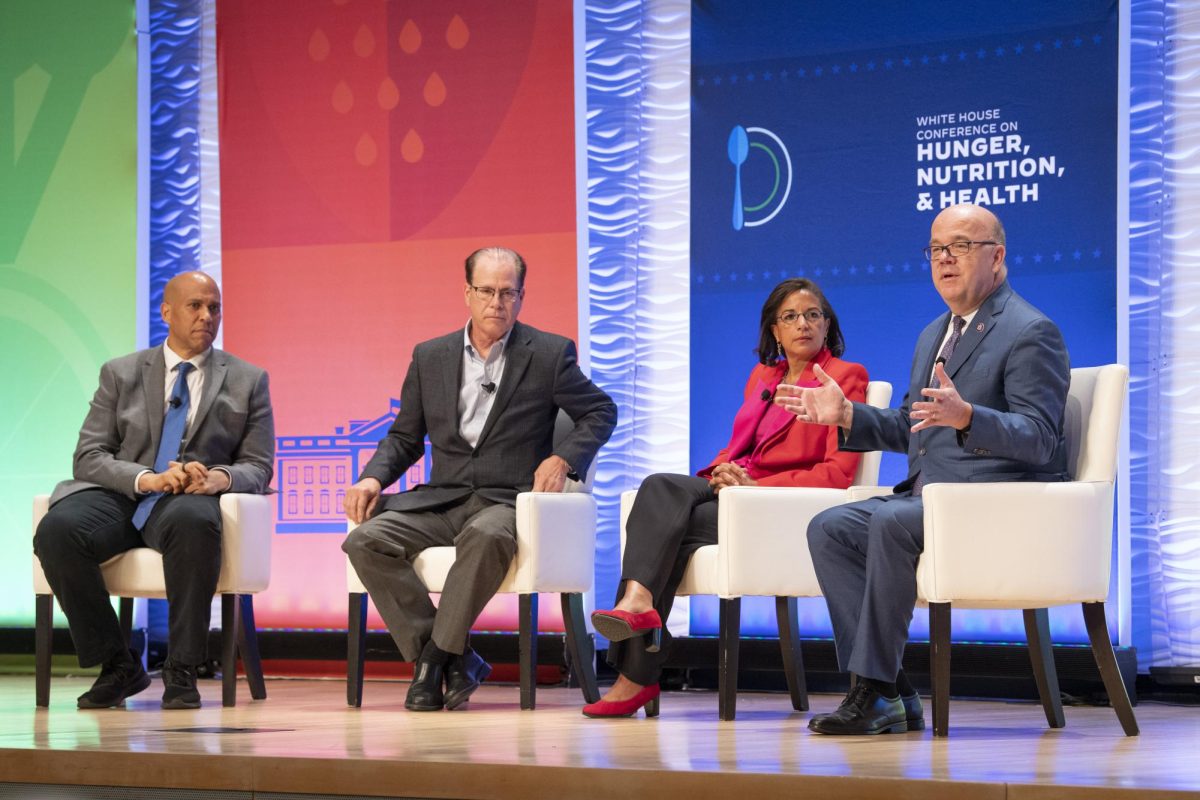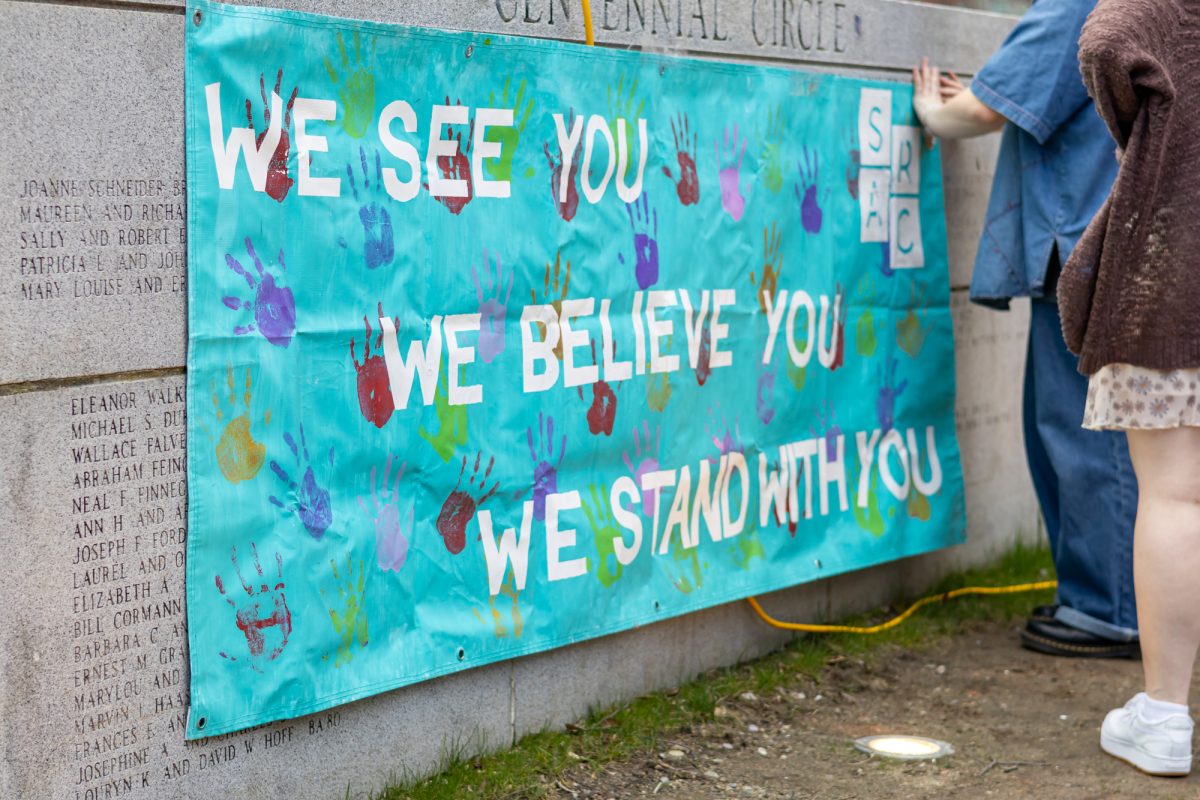By Nicole Haley
Northeastern students gathered in Shillman Hall last Thursday to debate the current state and future of the Middle East in a forum hosted by the Northeastern University Arab Students Association. The event began with a speech given by Dr. Joseph Hitti, president of New England Americans for Lebanon.
Hitti used his speech on Lebanese-Syrian relations as a model for issues in the Arab world. He explained what he referred to as the “contradictory position” of U.S. foreign policy toward Lebanon.
Hitti told the crowd gathered in Shillman Hall that Syria occupied his homeland and former democratic country, Lebanon, in 1976. He went on to say that Lebanon has been under the rule of a “terrorist state.” While the U.S. told the rest of the world that Syria was on a list of countries said to support terrorists, they also told the Lebanese they had to live with them.
“I don’t dare go to Lebanon and many people live in exile,” he said. “People are lining up to get out of a place others used to come to seeking shelter and freedom.”
After several years of working alone, Hitti said that Lebanese Americans have noted the Bush administration’s Syria Accountability and Lebanon Sovereignty Restoration Act as the first time the U.S. government has formally reversed their policy.
Stressing that he does not advocate war, Hitti said he supported U.S. intervention by means of diplomatic strategy to help bring freedom to the people of Lebanon. This part of his speech was widely contested by many Arab students in attendance who expressed strong opposition to any American presence in the Middle East.
“The system should evolve from within itself,” said one student from Iran who spoke on the condition of anonymity. “I don’t want anyone else to rule my country — we don’t want change from the outside.”
While some students said the Middle Eastern people could defend themselves and only need time to work out their own versions of democracy, Hitti said he is tired of waiting.
Nael Al-Ghanem, president of NUArabSA and senior computer engineering major, pointed out that, “Arabs tend to defend themselves against foreign forces but not from their own people.”
Kaamil El-Rayess, a middler engineering major, expressed skepticism concerning the ability of the United States to impose democracy on another country. El-Rayess said Israel is a democracy only by their process of election because they are oppressing the Palestinian people.
“Democracy is more than a means of election,” El-Rayees said. “It’s a set of ideals.”
Hitti admitted that America has its own interests in spreading democracy to the Middle East though. Hitti said that Arabs need to be “smart” and not refuse the Western model of democracy because of their ego.
“They’re not doing it for the dark eyes of our children,” he said. “To me, the Americans are a tool for what I want to see.”
Labeling Syria a “clone of Iraq,” Hitti said that he would not support a U.S. led war but wants to see U.S. intervention in the form of “diplomacy, legal tools and economic sanctions.”
Both Iraq and Syria are regimes that have committed mass murders and occupied their neighbors, according to Hitti. He used the analogy of an “arsonist fireman” to illustrate to the NU students the way in which both countries fueled fighting and then pretended to be the rescuing caretakers putting out the flames.
When students pointed to colonialism and other past intrusions leading to problems in the Middle East, Hitti told them to “try thinking forward and stop thinking backward.” He said the Arab world needs to have a time of introspection and retrospection to decide what to do now and stop worrying about history.
After Hitti suggested that Arabs should choose what they want to take from the western world, one student scoffed, “not everyone wants to eat McDonalds.” Hitti argued that adopting ideologies does not mean that people have to lose their own traditions and customs, noting that he cooks Lebanese meals everyday.
“The fact that I speak French, English and Arabic doesn’t make me any less Lebanese,” Hitti said.
The debate that ran the forum half an hour overtime is something that Alghanem, a native of Saudi Arabia, said is very common in the Arab community. He thought it was important to organize this discussion in order to “put all the opinions in one place.”
“The West, in general, looks at Arabs as having one single opinion while there’s really a lot of debate,” Alghanem said.


